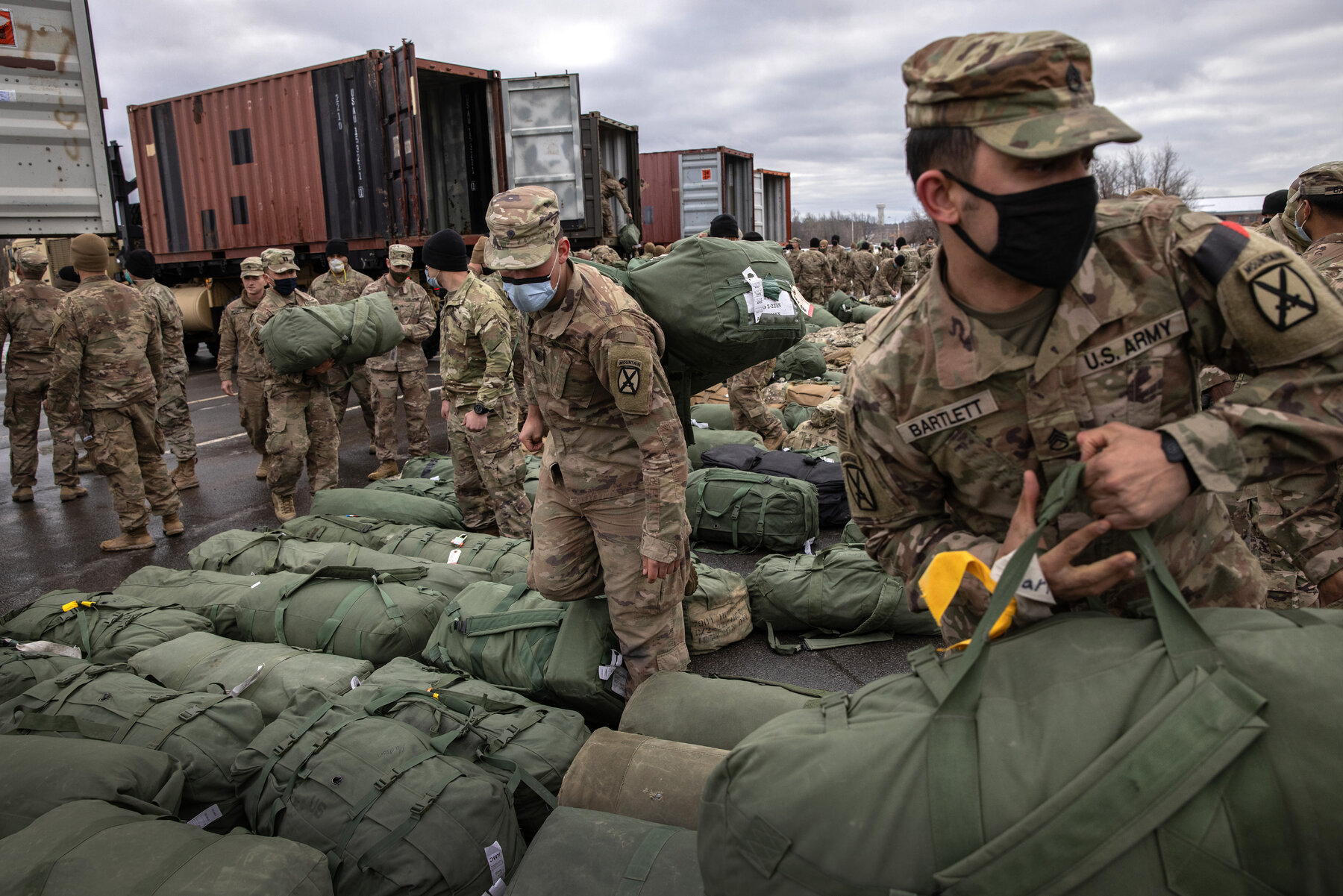Mahmoud al-Batakoushi
It seems that Afghan women nearing difficult days after US President Joe Biden’s decision to withdraw completely from Afghanistan by September 11, as Afghan women have not yet achieved all their goals.
As soon as the US administration announced the withdrawal from Afghanistan, fears escalated that Afghan women would return to being persecuted after they had made great strides towards the future over the past few years. Despite the disadvantages of the American occupation, it preserved the freedom of Afghan women. Before that, Afghan women were not safe walking on the street because they would have been flogged or beaten. Afghan MP Fawzia Kofi, who was previously exposed to an assassination attempt, has warned that this will occur again after the American withdrawal, as they will be forced to deal with “people who do not believe in the existence of women.” She warned that progress may evaporate, as the Taliban consider women second-class citizens.
It is noteworthy that the Taliban had imprisoned Fawzia Kofi’s husband during their five-year rule, and she was threatened with stoning because she put on nail polish.
Among the main concerns that dominate Afghan women are the closure of girls’ schools, the reduction of career options for women, and the increase in gender-based violence.
According to the New York Times, over the past twenty years, despite unequal progress, Afghan women joined the army and police forces and held political positions, while some even became pop music stars and others competed in Olympic and robot teams, and so on. As US and NATO forces prepare to withdraw from Afghanistan, Afghan women fear a new era of Taliban rule.
The Taliban took power in Afghanistan prior to the US invasion in 2001. During this era, women experienced woes as the Taliban turned them into prisoners according to a wrong interpretation of Islamic law. With the fall of Taliban rule, women’s lives in the country changed, especially in urban areas such as Kabul.
Following the US invasion, the situation for women in Afghanistan began to improve, as girls had previously been prevented under Taliban rule from going to school and going to work.
Reports from the World Bank say 36% of girls go to school, although many do not complete secondary education, and 52% of women marry at the age of 20.
The illiteracy rate is still high among girls. According to the United Nations Children’s Fund (UNICEF), only 22.2% of women between the ages of 15 and 24 can read and write.
Despite the achievements made by Afghan women, they still face many problems and obstacles, which increases their fear of the Taliban’s return to power. Perhaps what happened with Afghan actress Hasiba Ebrahimi is the best proof of that. It is enough to know that the word “actress” in Afghanistan is one of the colloquial synonyms for the word “prostitute”, and Ebrahimi was subjected to insults in the street and through social media. Even her family did not accept her work easily due to the closed view of society, and she was also exposed to many threats and harassment by passers-by.
A prominent Afghan actress and women’s rights activist, Saba Sahar, 46, was injured after an assassination attempt in Kabul, which also injured her driver and bodyguard.
Even Afghan MP Rehana Azad did not escape the bullying of society, despite winning the most votes in her province in central Afghanistan, just because she was divorced. A fellow parliamentarian even described her as a prostitute and a spy, saying that she violated the teachings of Islam by divorcing.








































admin in: How the Muslim Brotherhood betrayed Saudi Arabia?
Great article with insight ...
https://www.viagrapascherfr.com/achat-sildenafil-pfizer-tarif/ in: Cross-region cooperation between anti-terrorism agencies needed
Hello there, just became aware of your blog through Google, and found ...